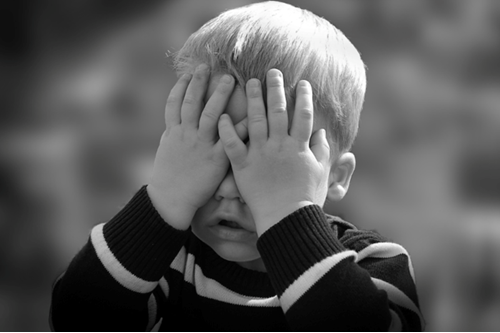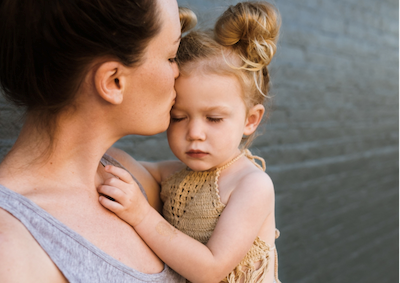How to Help Infants and Toddlers Adjust to Divorce
Divorce is a challenge for all involved but how can you help infants and toddlers to manage the change?

London family law is a complex and nuanced field that governs the legal procedures surrounding the dissolution of marriages. While divorce can be an incredibly challenging and stressful time for parents, it can also be a difficult experience for young children who may not fully comprehend what is happening around them.
Infants and toddlers, in particular, may struggle to understand the concept of divorce and its implications for their family life. As a result, it's important for parents to be mindful of their children's emotional and behavioural reactions during this time, and to take steps to help them adjust to the changes that come with the divorce.
Why It's Difficult for Parents Going Through a Divorce to Help Infants and Toddlers Understand What's Happening
Divorce is a complex and emotional process for everyone involved, including parents and their young children. Infants and toddlers, however, may not have the vocabulary or cognitive skills to understand the reasons behind the separation, the legal procedures involved, or the long-term implications for their family.
This can make it difficult for parents to communicate effectively with their children and help them navigate the emotional fallout from the divorce. Additionally, parents may be experiencing their own emotional distress and may not be fully equipped to provide the necessary support to their children during this time.

The Importance of Keeping an Eye on Behavioural Changes as a Result of the Split
Young children may exhibit a range of behavioural changes in response to the divorce, such as increased clinginess, regression in toilet training or sleep habits, aggression, withdrawal, or depression. These behaviours are a natural response to the stress and uncertainty of the situation, but they can also signal that a child is struggling to cope with the changes in their family life.
It's important for parents to monitor their child's emotional well-being and seek professional support if they notice any significant or persistent changes in their child's behaviour.
Tips to Help Infants and Toddlers Adjust to Divorce
While every family's situation is unique, there are several steps that parents can take to help their young children adjust to the changes that come with divorce:
Monitor Your Child's Well-Being
Keep an eye on your child's behaviour and mood, and be attuned to any signs of distress or changes in their behaviour. Seek professional support if you have concerns.
Take Care of Yourself
Make sure to prioritise your own self-care and emotional well-being during this time. Taking care of yourself will help you be better equipped to care for your child.
Seek Professional Support if Needed
Don't hesitate to seek out counselling or therapy for yourself or your child if you're struggling to cope with the changes.
Encourage Positive Co-Parenting
Work collaboratively with your ex-partner to create a positive co-parenting relationship that prioritises your child's well-being and minimises conflict.
Communicate in Age-Appropriate Ways
Use language and concepts that are appropriate for your child's age and developmental stage, and be honest and straightforward about the changes happening in your family.
Maintain Routines and Consistency
Create a sense of stability and predictability for your child by maintaining familiar routines and rituals, such as meal times, bedtimes, and playtime.
Acknowledge the Impact of the Divorce
Let your child know that you understand that the divorce is a difficult and challenging time for them, and that you're there to support them through the changes.

Helping infants through a divorce
Divorce can be a challenging time for parents and young children alike. It's important for parents to be mindful of their child's emotional and behavioural reactions to the divorce, and to take steps to help their child adjust to the changes that come with the separation.
By monitoring their child's well-being, taking care of themselves, seeking professional support if needed, encouraging positive co-parenting, communicating in age-appropriate ways, maintaining routines and consistency, and acknowledging the impact of the divorce, parents can help their infants and toddlers navigate the emotional fallout of the separation and emerge with a greater sense of resilience and adaptability.
Ultimately, helping infants and toddlers adjust to divorce is a complex and challenging process, but it's also an opportunity for parents to demonstrate their love and support for their children.
By being attuned to their child's emotional needs and taking proactive steps to support their well-being, parents can help their children emerge from the divorce with a greater sense of security, stability, and emotional well-being. With time, patience, and support, families can navigate the challenges of divorce and emerge stronger and more resilient on the other side.